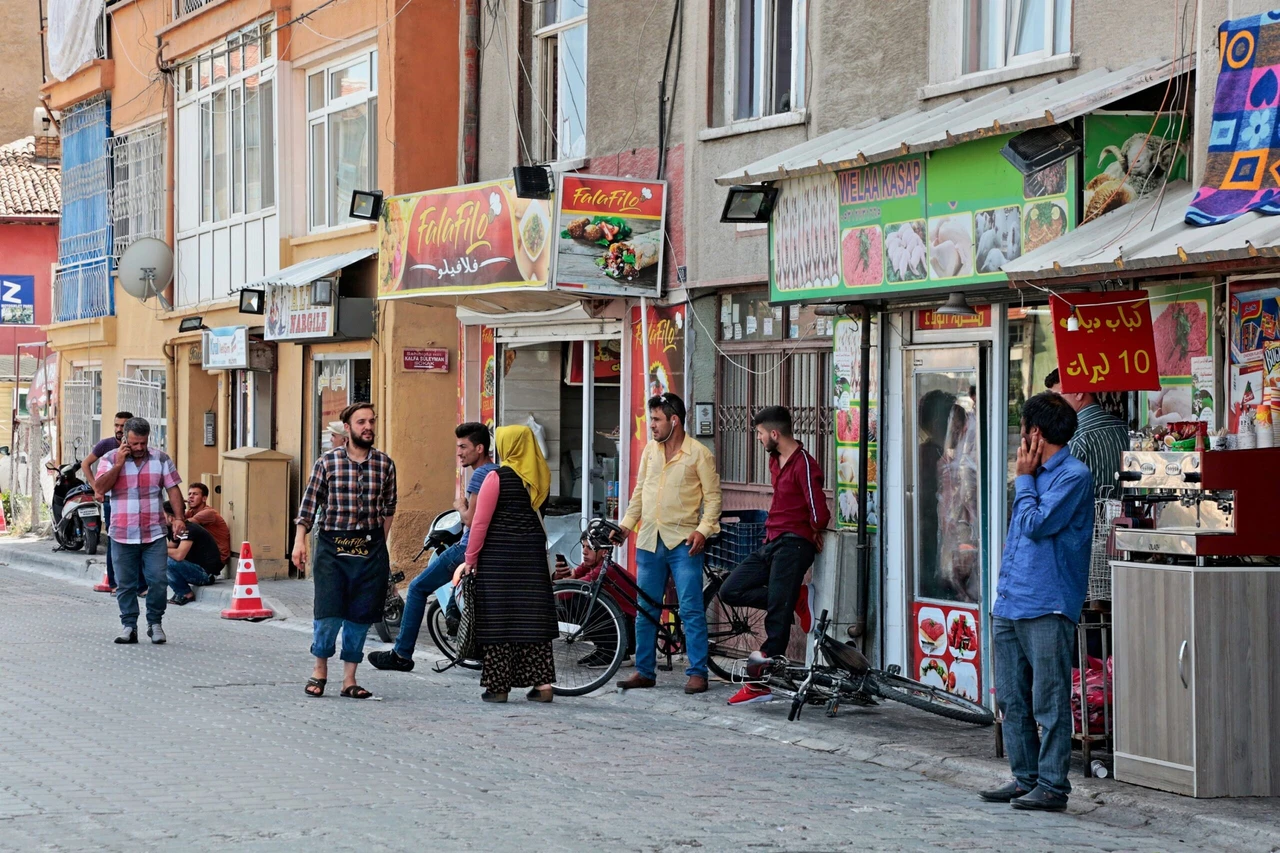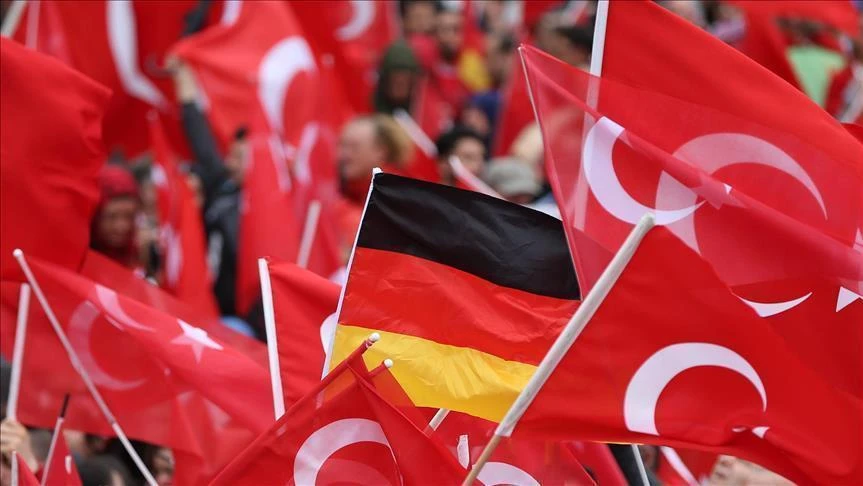$8.5M US fund supports Syrian refugees in Türkiye’s waste management project
 A view from the Sahibi Ata neighborhood where Syrian refugees live in Konya, Türkiye, July 16, 2019. (AA Photo)
A view from the Sahibi Ata neighborhood where Syrian refugees live in Konya, Türkiye, July 16, 2019. (AA Photo)
A new $8.5 million project, backed by the U.S., is set to enhance waste management systems and foster social cohesion in municipalities across Türkiye that host large Syrian refugee populations.
The initiative, which targets 6 pilot cities, aims to reduce social tensions by improving local waste management capacities and promoting sustainable practices.
Why do Syrian refugees participate in waste management?
The U.S. Bureau of Population, Refugees, and Migration has allocated $8.5 million to the project “Promoting Social Cohesion through Inclusive Zero Waste Approach in Municipalities Hosting Refugees.” This initiative aims to tackle both environmental challenges and social tensions within communities hosting large numbers of Syrian refugees in Türkiye.
- Strengthening waste management: By involving Syrian refugees in waste management, the project aims to increase the capacity of municipalities to handle waste effectively. This ensures that waste is properly sorted, recycled, and disposed of, reducing the environmental impact on these communities.
- Enhancing local resilience: Involving refugees in waste management activities helps address the service delivery gaps caused by sudden population increases. By engaging refugees in the solution, the project fosters a sense of shared responsibility and cooperation between refugees and host communities.
- Reducing social tensions: Waste management issues can exacerbate social tensions, particularly in communities experiencing rapid demographic changes. By improving waste management services and including refugees in these efforts, the project helps to mitigate potential conflicts, promoting social harmony and cohesion.
- Alleviating public service pressure: The sudden population growth in these municipalities has overwhelmed local public services, especially in areas like waste collection and disposal. By integrating refugees into waste management efforts, the project alleviates some of this pressure, ensuring more efficient and effective service delivery for both refugees and the host population.
How will Syrian refugees improve waste management in Türkiye?
- Pilot cities: Six cities have been selected as pilot locations because of their significant refugee populations and parallel challenges faced in the earthquake-affected regions; Kilis, Sanliurfa, Adiyaman, Mersin, Izmir and Hatay.
- Assessments, equipment: There will be conduct assessments in the pilot cities to identify current waste management gaps, and necessary equipment will be provided based on these assessments.
- Payment: Digital payment systems for waste collection services, with payments made directly to registered waste collectors under municipal management. Establish mobile markets for card-based transactions.
- Education: Offer zero waste and recycling education programs tailored for refugees and seasonal workers.
Looking forward
This three-year initiative will not only bolster the waste management infrastructure but also serve as a model for fostering social harmony in communities experiencing rapid demographic changes.
By addressing both environmental and social challenges, the project aims to create a sustainable and cohesive environment for all residents.



